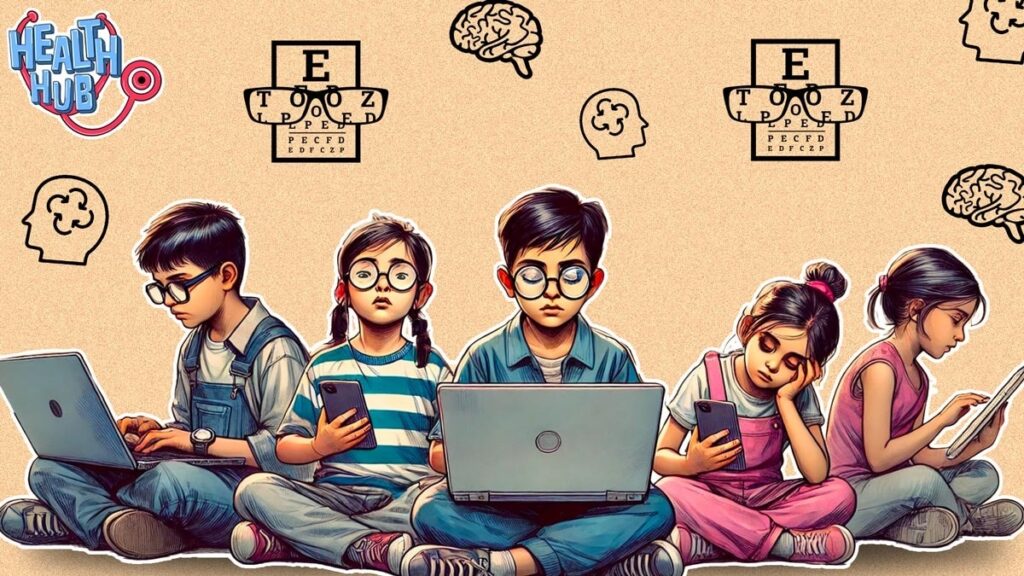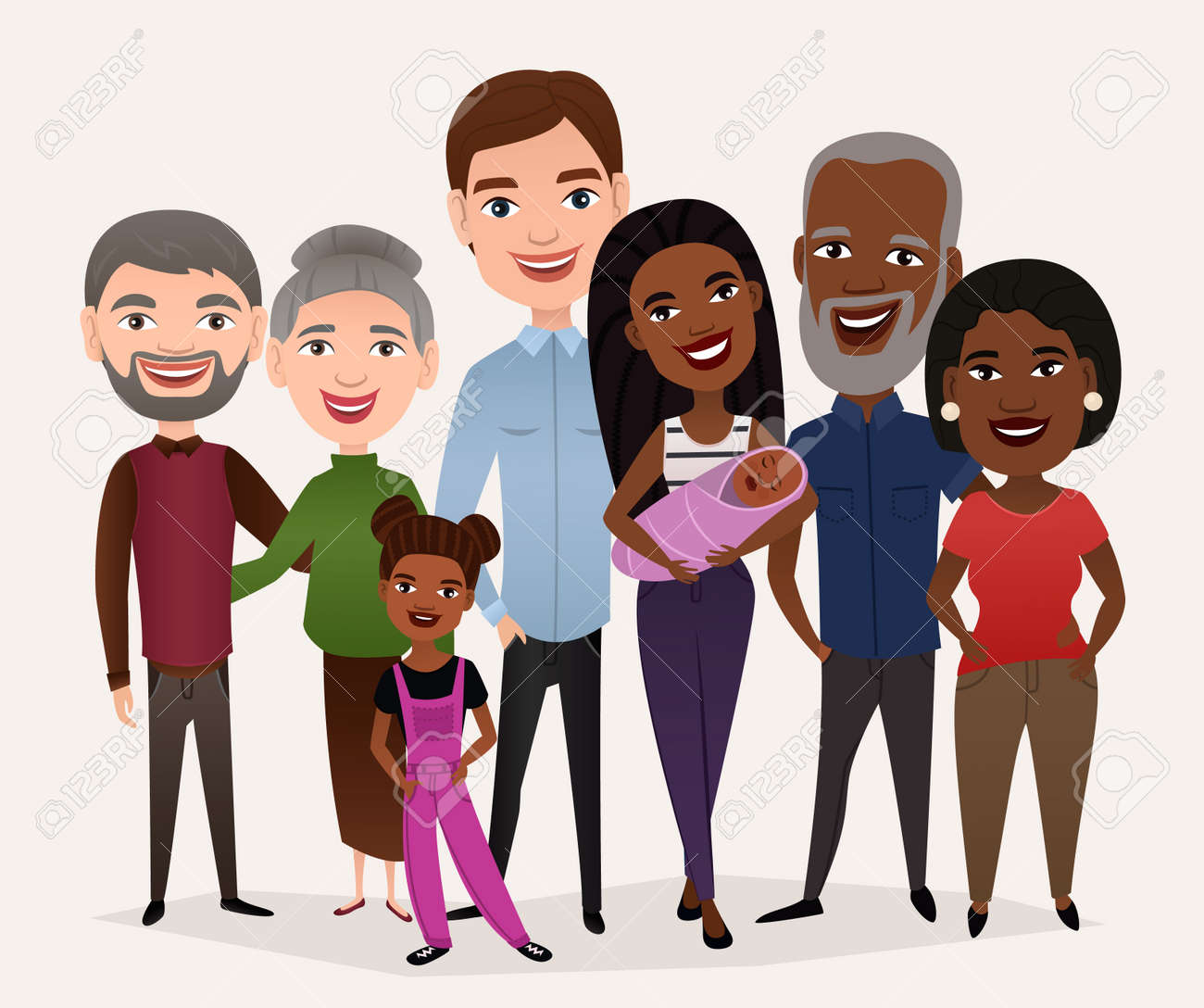AI Family Addiction India: How AI Tools are Empowering Indian Families in the Fight Against Addiction

As addiction continues to impact millions of households across India, families are often the first line of defense, but also the most emotionally strained. In recent years, a new hope has emerged in the form of artificial intelligence. AI family addiction India is a rapidly evolving field where technology meets compassion, offering tools that support loved ones through early detection, emotional guidance, and recovery monitoring. With growing collaboration from Nasha Mukti Kendra in India, AI-powered solutions are now complementing traditional therapies, helping families create safer, more supportive environments for individuals battling addiction. Organizations like Prayas Sewa Samiti are playing a key role in spreading awareness about these technologies at the grassroots level.
AI Family Addiction India and the Changing Landscape of Support Systems
Understanding AI Family Addiction India: What Does It Mean?
The term AI family addiction India refers to the integration of artificial intelligence tools designed specifically to help families identify and manage substance abuse cases at home. These tools include mobile applications, chatbots, behavioral prediction algorithms, wearable devices, and virtual counseling platforms—all designed to empower families to take proactive roles in their loved one’s recovery journey. These tools are being developed with increasing support from health NGOs and government-backed rehab initiatives to reach more households.
Key Functions of AI Tools in Family-Based Addiction Support
-
Behavioral.Monitoring: AI systems track behavioral changes such as mood swings, sleep patterns, social media interactions, and communication frequency to identify early signs of relapse or addiction development.
-
Virtual Therapy Assistants: Families can use AI-powered virtual assistants that provide 24/7 access to emotional support, coping. Sure, here’s a clearer version of the text:
- “Strategies” and motivational content. These assistants can also simulate therapy conversations and suggest mindfulness exercises.
-
Customized Recovery Plans: Based on input data such as emotional state, addiction history, and lifestyle habits, AI generates recovery suggestions tailored to an individual’s psychological and physiological needs, helping family members understand the treatment process.
-
Smart Scheduling and Alerts: AI reminders help families coordinate medication, therapy appointments, follow-up visits, and check-ins with Nasha Mukti Kendra in India. Reminders can be synced with calendars and family group apps for smooth coordination.
-
Risk Assessment: AI evaluates potential triggers and high-risk situations using speech recognition, biometric data (like heart rate and skin temperature), and environmental factors, offering alerts to both the individual and their support network.
-
Communication Tools: Some AI platforms offer role-play modules for difficult conversations, helping families express concern without judgment and build emotional bridges.

The Role of Nasha Mukti Kendra in India in AI Family Addiction India Initiatives
Nasha Mukti Kendra in India has started integrating AI-based family support systems into their treatment protocols. Leading centers now provide families access to digital dashboards where they can:
-
Log daily updates about their loved one’s behavior
-
Receive AI-generated wellness tips
-
Attend webinars on AI family addiction India strategies
-
Participate in virtual group therapy sessions moderated by AI chat systems
These integrations have improved communication between counselors and family members, reduced response times during emergencies, and enhanced the scope of outpatient support.
Benefits of AI Family Addiction India for Households
-
Early Detection: AI tools detect subtle addiction symptoms before they escalate into crises.
-
Empowered Decision-Making: Families gain insights into recovery options, daily routines, and emotional guidance.
-
Round-the-Clock Support: AI tools remain accessible during off-hours, holidays, or rural emergencies.
-
Privacy and Discretion: AI interfaces allow private discussions and self-assessments without the fear of stigma.
-
Strengthened Family Bonds: Proactive involvement fosters mutual trust and emotional investment among family members.
-
Reduced Burnout: Automated assistance reduces pressure on primary caregivers by sharing emotional load and decision support.
Real-Life Applications of AI Family Addiction India
-
Delhi Case Study: A family used an AI chatbot that flagged early warning signs based on their son’s text patterns and helped connect them with a local nasha mukti kendra in India. The early intervention significantly shortened the recovery time.
-
Mumbai Success Story: A mother used a voice-enabled AI assistant to manage her daughter’s medication schedule and therapy updates. The system provided alerts when behavioral patterns indicated distress, leading to immediate counselor involvement.
-
Hyderabad Pilot Program: In collaboration with a tech NGO and the nasha mukti kendra in India, families received wearable sensors connected to an AI app. These devices helped monitor stress indicators and breathing patterns linked to addiction relapse. The pilot program showed a 35% drop in readmission rates.
Challenges in Adopting AI in Family Addiction Support
-
Access to Technology: Rural or economically disadvantaged families may lack smartphones, reliable power, or internet connectivity.
-
Digital Literacy: Not all caregivers are comfortable navigating apps, voice tools, or analytics dashboards.
-
Data Privacy Concerns: AI systems collect sensitive emotional and behavioral data that requires secure storage and ethical usage.
-
Limited Customization: Some AI systems are not yet adapted for Indian cultural, social, or linguistic diversity. Language barriers and regional norms may limit AI effectiveness.
-
Overdependence: There’s a risk of families relying too heavily on AI, ignoring the need for human empathy and professional counseling.
Despite these challenges, the potential for AI family addiction India tools to transform support networks is enormous, especially when integrated with on-ground resources like nasha mukti kendra in India.
Supportive Policies and Public-Private Partnerships
With government schemes such as Digital India and collaborations with mental health organizations, there’s a strong foundation for expanding AI-based addiction support. Start-ups in Bangalore, Pune, and Chennai are creating localized AI tools, while institutions like NIMHANS are studying the impact of such technology on family-based addiction care. Public-private partnerships can help subsidize these services for low-income families.
Future of AI Family Addiction India: Toward Smarter, Emotionally Intelligent Systems
As AI evolves, we can expect smarter and more emotionally intelligent tools trained in:
-
Regional languages
-
Cultural empathy
-
Behavior modeling specific to Indian addiction patterns
-
Integration with wearable devices and IoT tools
Research suggests that AI family addiction programs will soon include gamified therapy apps for children, parent-coaching bots, and predictive relapse scoring powered by real-time data.
Additionally, nasha mukti kendra in India are developing AI-linked portals where families can upload voice recordings or behavioral logs, and receive near-instant feedback and suggestions. Therapists are also using AI summaries to personalize sessions and track progress more efficiently.
Role of Prayas Sewa Samiti in AI Family Addiction India
Prayas Sewa Samiti is actively participating in the digital transformation of addiction support in India. As a progressive NGO, it:
-
Collaborates with tech innovators to pilot family-centered AI support systems.
-
Organizes training camps on using AI tools for addiction management.
-
Conducts workshops in rural areas to improve digital addiction literacy.
-
Partners with Nasha Mukti Kendra in India to deploy AI dashboards for caregiver-counselor coordination.
-
Builds awareness campaigns across social media, schools, and community centers.
The involvement of Prayas Sewa Samiti ensures ethical AI deployment rooted in compassion and cultural relevance.
Conclusion: Empowering Families with AI
AI family addiction India is not just a trend—it’s a revolution in caregiving. These tools offer Indian families a sense of control, connection, and clarity in the face of addiction. When combined with the expertise of the AI solutions help bridge emotional gaps, strengthen recovery systems, and reduce relapse rates.
By empowering families through information and technology, India can take a decisive step toward addiction-free communities. The commitment of grassroots organizations like Prayas Sewa Samiti, along with inclusive tech development, will ensure that AI family addiction in India is not just available, but effective, equitable, and truly transformative.
